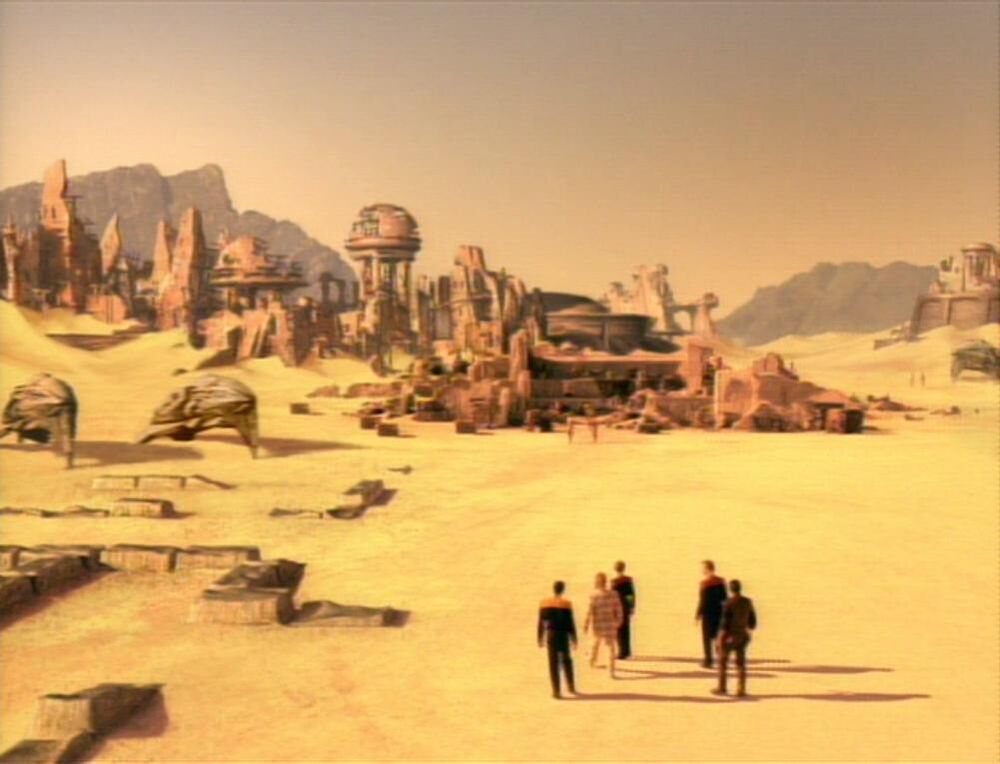SOLVING climate change is the first real test of our species in the 21st century. It will challenge our politics, our technology, and our social structures. It will also test our ability to set aside our differences and work together. The factors it will take to solve climate change are exactly what will be required to successfully colonise space and other planets.
Technology alone won’t help us to succeed in space. It is arrogant to assume that we can just engineer our way into space and expect it to be sustainable in the long term.
Our current economic and political system will eventually cause Earth to become uninhabitable, and simply hopping to another planet without reforming the system won’t help us to survive, it will simply duplicate the problem.
To be a true spacefaring species, we’re going to need a lot of time. Make no mistake, although there are ambitions to land humans on Mars by 2030, it is only the very beginning of centuries of work it will take to establish an autonomous colony unreliant on the resources of Earth. Jeff Bezos himself said that it could take “multiple generations” and “hundreds of years”.
There is a real risk that climate change will take away our ability to even function as a civilization on Earth. Under a business as usual scenario, it would only be a matter of time before civilization-collapsing impacts take hold, and it could happen sooner than we expect; before we’re even able to prepare.
At that point, we’re not going to be thinking about furthering our colonisation of other planets, we’re going to be focusing all our efforts on adapting to climate impacts such as a lack of food. To quote Interstellar, “We didn’t run out of planes or television sets, we ran out of food.”
The poor and those living near the equator will be the first to suffer, but eventually, a lack of food will impact every single person on the planet. Money will not buy anyone out of the impacts. In fact, money will simply become worthless.
If the super rich do manage to escape in spaceships, they won’t be able to advance the technology much further. They will be stuck in time with primitive technology, couped up inside metal cages where raising families will be almost impossible.
We’re trying to rush our way into space in the next few decades for the wrong reasons – according to Bezos because we’re “destroying the planet”. Make no mistake, if we “destroy the planet”, our efforts to colonise other planets will be short lived.
Colonising Mars because of climate change on Earth is a logical falacy. Mars is far more uninhabitable than Earth, and this will still be the case even if Earth experiences the most extreme climate impacts.
Life on Mars will be incredibly challenging and dependent on technology and climate-controlled domes whether on the surface or underground. If these go wrong, the colonists will be exposed to the uninhabitable atmosphere of Mars.
Crucially, if we failed to act on climate change, Earth may no longer have the resources to launch rescue missions.
Furthermore, if we can’t even drawdown enough CO2 from Earth’s atmosphere yet, what remote chance do we stand in terraforming Mars? Such technology could be a byproduct of solving climate change on Earth.
But we don’t have this technology yet because all the investment and talent is directed towards things that make a profit. Things that are fundamentally pointless and cause environmental destruction.
If we reform our economic and political systems, address social injustice, heal our divisions and work together, we stand a much greater chance of survival.
I’m not saying we should stop building spaceships, and I’m not saying we shouldn’t land humans on Mars – the Moon landing inspired a generation, and igniting people’s imaginations is important. I’m saying that we should absolutely not use it as an excuse to ignore climate change and the fact that our current system caused it.
Catastrophic climate change is not inevitable, it’s up to us to decide whether we want it to continue. The opportunities in front of us if we overcome it are infinite.
Earth has supported life for millions of years, and it will for millions more if we’re respectful to its ecosystems. Imagine what we could achieve in millions of years, without the worry of catastrophic climate change standing in our way.
Once we’ve solved climate change on Earth and proved our ability to work together, that is when we will be truly ready for space.
Our reason won’t be because we’re destroying Earth, but because we’re ready to explore new frontiers.


 Science 5 years ago
Science 5 years ago
 Opinion 5 years ago
Opinion 5 years ago
 Science 5 years ago
Science 5 years ago
 Politics 5 years ago
Politics 5 years ago
 Opinion 3 years ago
Opinion 3 years ago
 Politics 5 years ago
Politics 5 years ago
 Politics 5 years ago
Politics 5 years ago
 Science 5 years ago
Science 5 years ago







